Tunisia summons US envoy for criticizing referendum, voices 'amazement'
Tunisia has summoned US charge d'affaires Natasha Franceschi in protest at Secretary of State Anthony Blinken's rare criticism of the North African country's draft constitutional referendum.
After the referendum vote that was plagued with a low turnout and opposition groups reporting difficulties in observing the process, Blinken said the US "shared concerns" over the vote and over the new constitution.
In a statement, Tunisia's ministry of foreign affairs said Blinken's remarks contradicted the principles of the Vienna Convention on Diplomatic Relations.
Tunisia's Foreign Minister Othman Jerandi slammed the "unacceptable interference in internal national affairs" and expressed "amazement" at the US criticism.
A few hours earlier, Jerandi had met with President Saied, who expressed his "rejection of any form of interference in the internal affairs of the country".
The statement from the US's top diplomat was one of the strongest yet in opposition to Saied's actions since the Tunisian leader's July 2021 power grab.
Blinken, however, was quick to add that "the US-Tunisia partnership is strongest when there is a shared commitment to democracy and human rights".
Experts on US-Tunisia policy were quoted by Middle East Eye as saying that Washington's reaction to Saied's moves has largely been reactive rather than planned or strategic.
They said the lack of pressure has only made it easier for Saied to continue to dismantle the progress made in the nation's nascent democracy.
"A lot of what the [US] administration is doing is pretty reactive. They don't seem to have a clear plan," Sarah Yerkes, a senior fellow in Carnegie's Middle East Program and expert on Tunisia, said. "There does not seem to be a US roadmap of their approach towards Tunisia."
After Saied suspended the Tunisian parliament last summer in what many experts deemed a "constitutional coup," the US spoke with the president and issued a statement later, in which Blinken said Washington would "continue to monitor the situation and stay engaged".
The US and Tunisia have developed their military relationship over the past decade, during which Washington has poured more than $1.4 billion into the country, according to the State Department.
Gordon Gray, who served as the US ambassador to Tunisia from 2009 to 2012, defended the continued aid stating that cutting it off would not have done anything to prevent Saied's power grab.
"Europe spends way more money, has a way bigger trade portfolio, way bigger diaspora community than the United States. The United States is a minor player compared to Europe when it comes to Tunisia," said Yerkes.
Yerkes said the US could still use its assistance as a form of leverage in Tunisia, meaning Washington is more interested in maintaining its influence in the country.
Like in other autocratic regimes in the Middle East and North Africa, Tunisia's longtime ruler Zine El Abidine Ben Ali was a close friend of the United States before he was toppled in 2011.
VIDEO | Press TV's news headlines
VIDEO | Education in War: Untold stories of Gaza students
Venezuelan president, wife taken to New York following kidnapping
VIDEO | Pakistan sees decline in attacks after Afghanistan border closure
VIDEO | Yemen’s Hadramout facing tensions after Saudi strikes
US kidnapping of Venezuela’s president ‘clear instance of state terrorism’: FM
‘Maduro our only president; no empire will rule us’: Venezuela vows resistance after US kidnapping
VIDEO | Press TV's news headlines


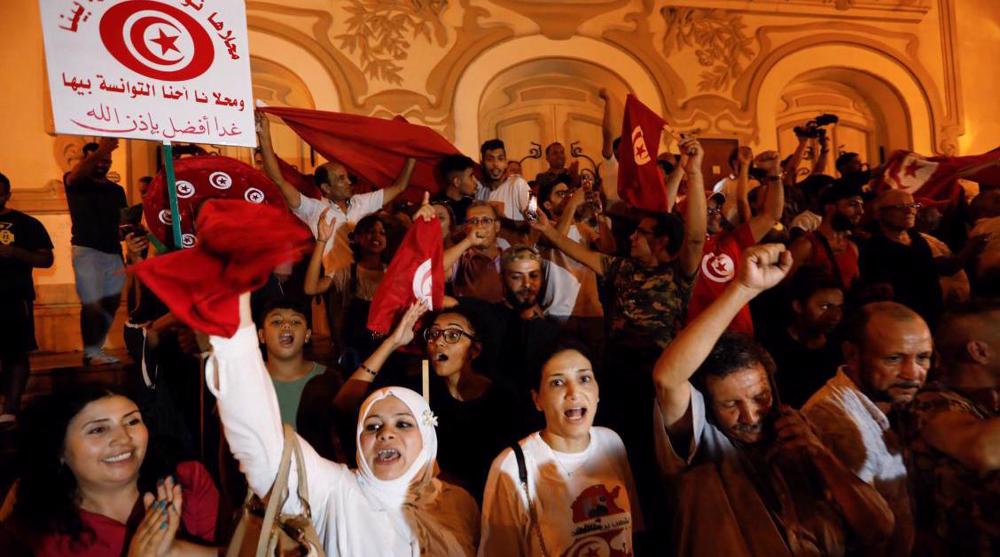
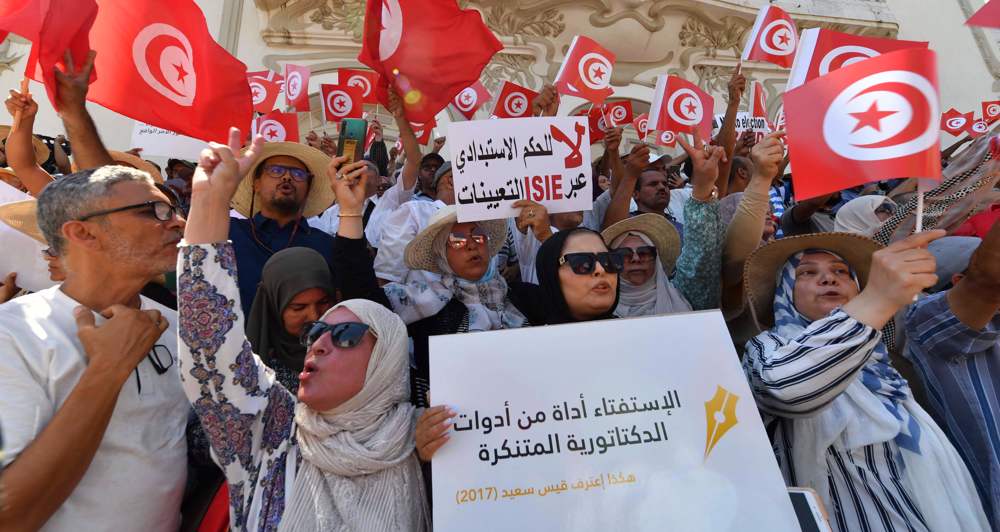
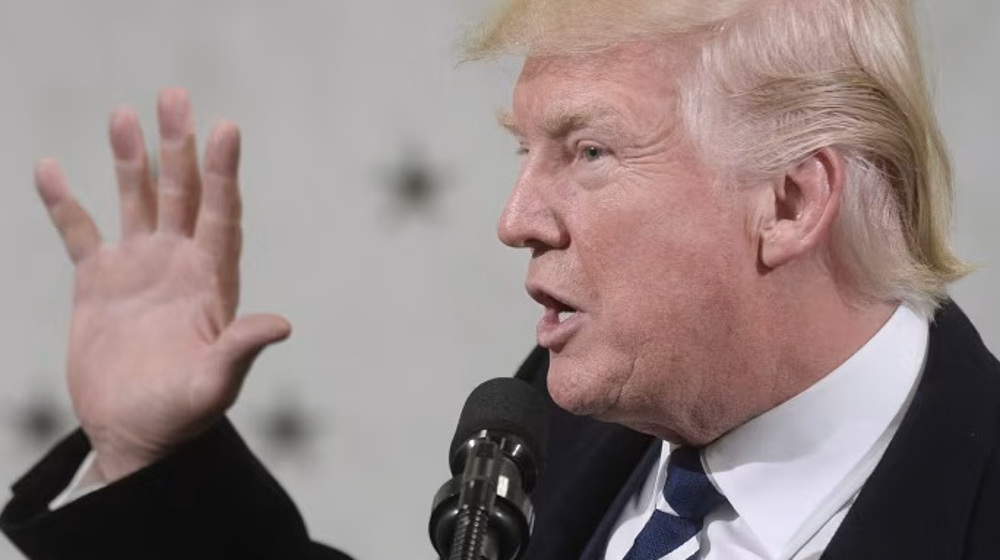
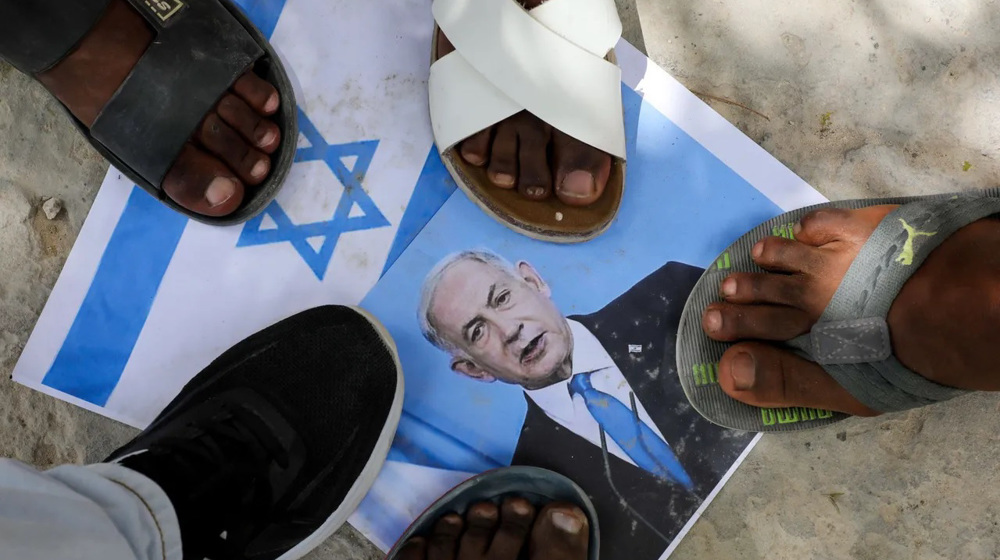
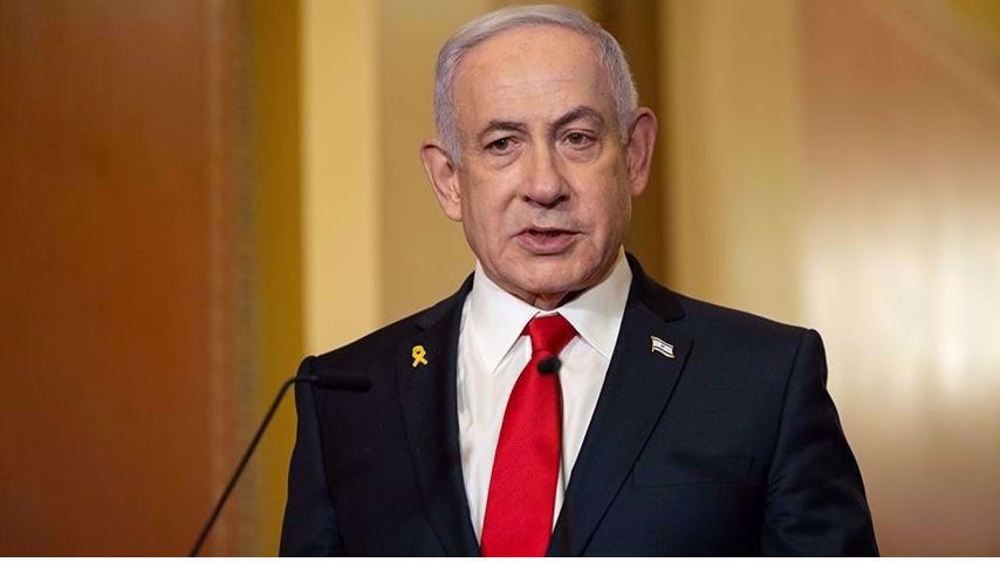



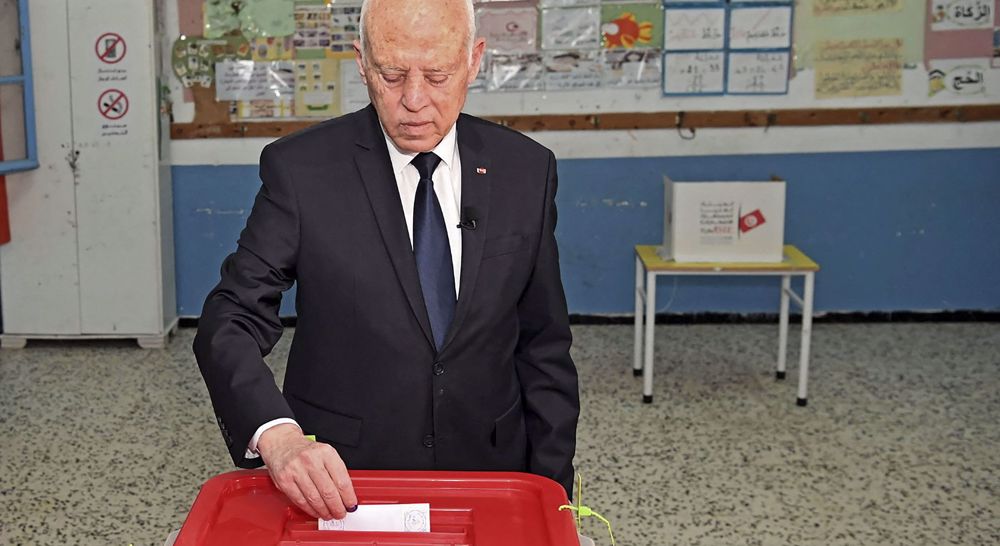
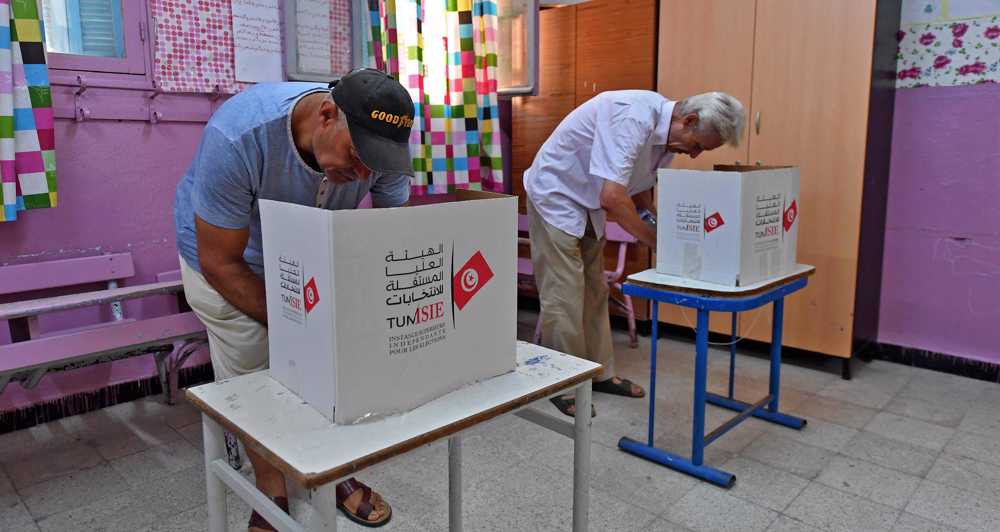

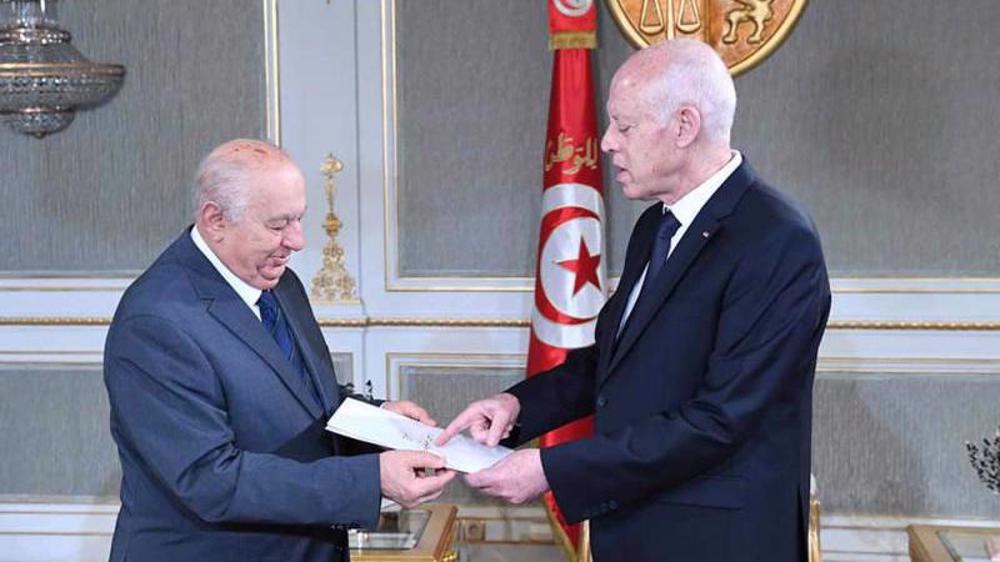
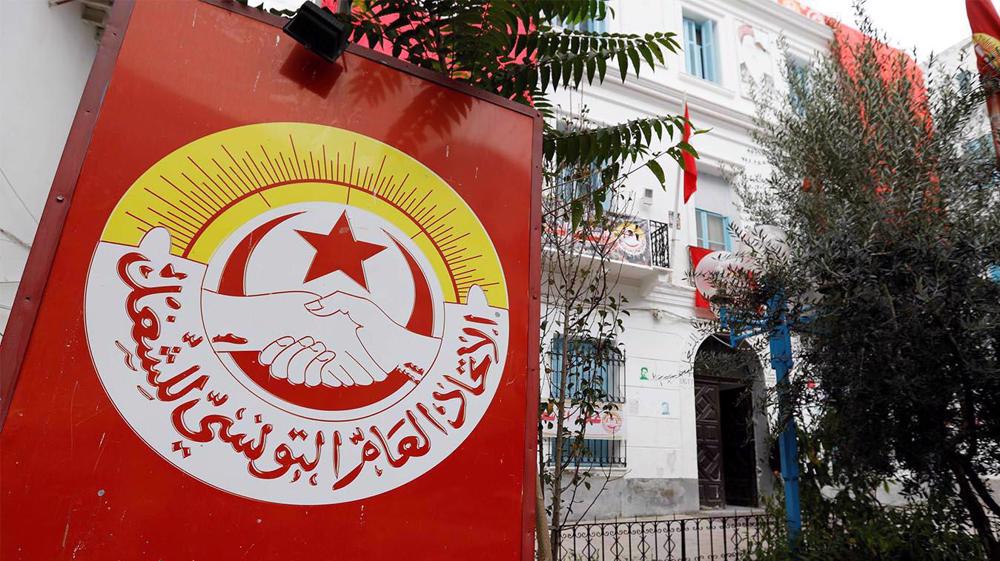

 This makes it easy to access the Press TV website
This makes it easy to access the Press TV website